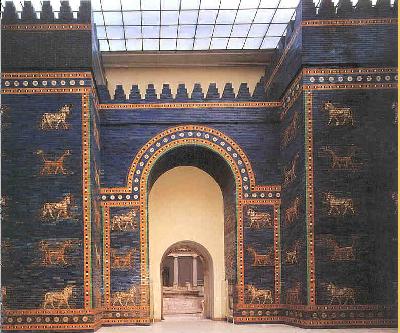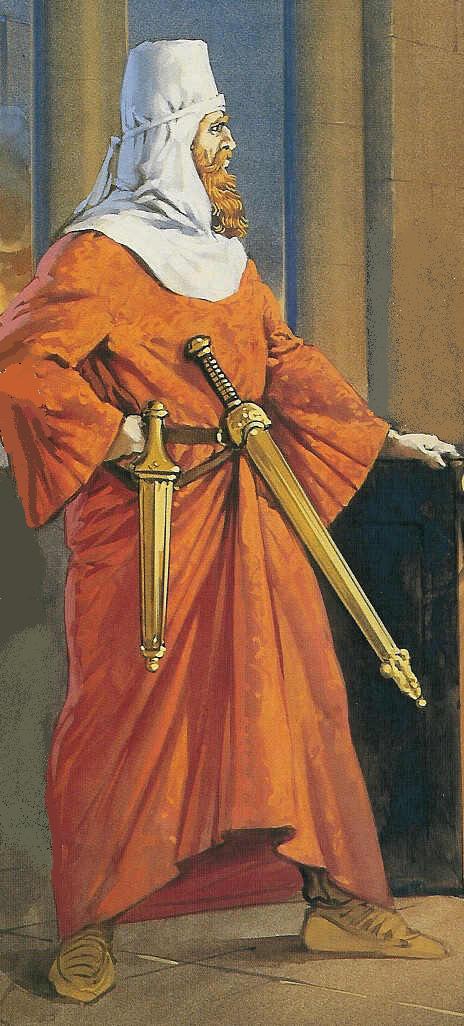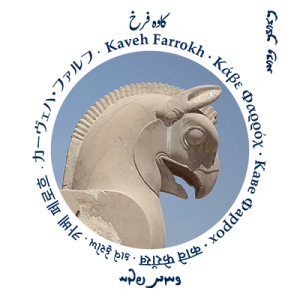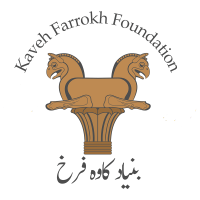Professor Georges Roux (not to be confused with the late science fiction illustrator of the same name) has specialized for decades in the archaeology and history of southern Iraq and has published articles for prestigious journals such as Sumer and Journal D’Assyriologie and has been nominated as being among the top Assyriologists by French academicians in the field. His book, “Ancient Iraq”” has the following description of Cyrus the Great and his treatment of Babylon (1992, pp.387):
“”Far from being destoryed as its rival Nineveh had been, Babylon was treated with the utmost respect. From the first day of Persian occupation (12 October 539 BC.), care was taken not to offend the Babylonians in any way, and every effort was made to resettle them in their homes, to enforce law and order throughout the country. The gods of Sumer and Akkad whom Nabonidus had brought into Babylon during the war, were reinstalled in their chapels, “the places which make them happy’, and even the gods of Assyria. once taken captive by the Medes, were returned and their temples rebuilt. Cyrus made it known that he considered himself as the successor of the national rulers, that he worshipped Marduk and praised his great godhead joyously. Indeed we can beleive the Persian conqueror when, in an inscription written in Akkadian on a clay cylinder he declares that the Babylonians accepted his rule with enthusiasm.”
The Ishtar Gate, now housed in the Berlin Museum.
Graf, Hirsch, Gleason, and Krefter affirm that when Cyrus entered Babylon-city through the Ishtar gates, the city’s inhabitants laid branches in his path. As noted by Graf, Hirsch, Gleason, and Krefter (1988, pp.15):
“Cyrus proved a tolerant conqueror: when he entered Babylon…he ordered his troops to show respect for the city’s temples and religious customs.”
The inscription cited by Professor Roux is the Cyrus Cylinder now housed in the British Museum.
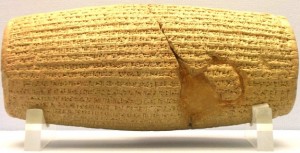
The Cyrus Cylinder now housed in the British Museum.
This is how Professor Roux has translated the pertinent portion of the Cylinder
All the inhabitents of Babylon, as well as of the enture country of Sumer and Akkad, princes and governors, bowed to him
[Cyrus] and kissed his feet, jubiliant that he had recieved the kingship, and with shining faces happily greeted him as a master through whose help they had come to life from death and had all been spared damage and disaster, and they worshipped his name.
Cyrus the Great as portrayed by the late Angus McBride.
References
Graf, D.F., Hirsch, S.W., Gleason, K. & Krefter, F.H. (1988), A Soaring Spirit. New York:Time-Life Books,
Roux, G. (1992). Ancient Iraq. Penguin Books.

